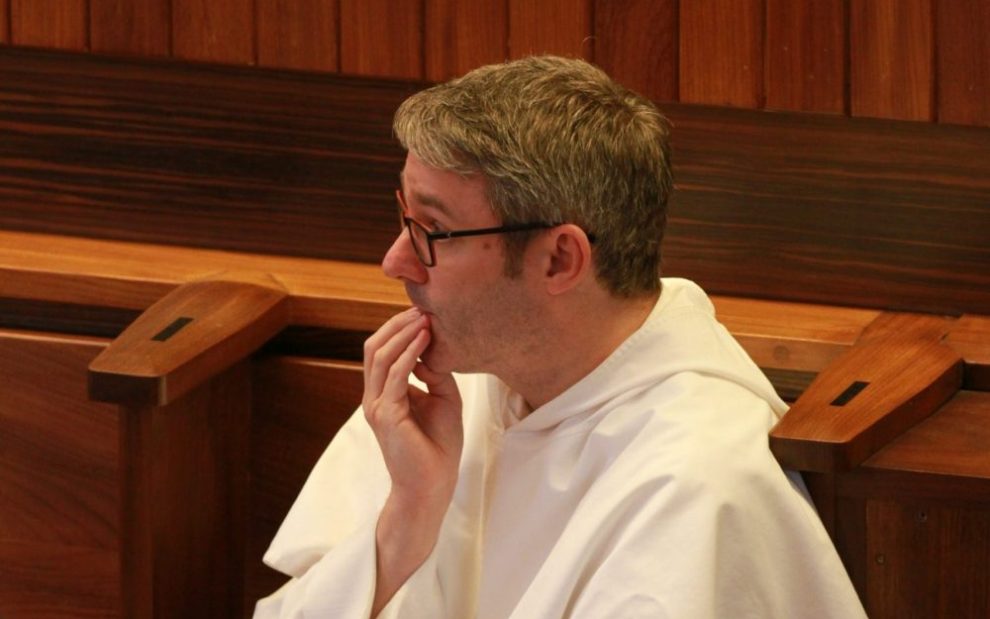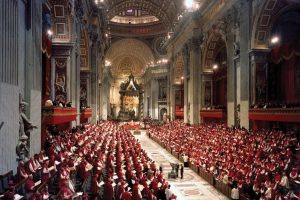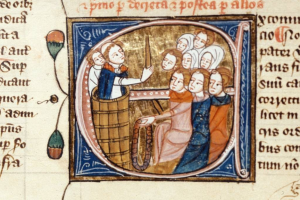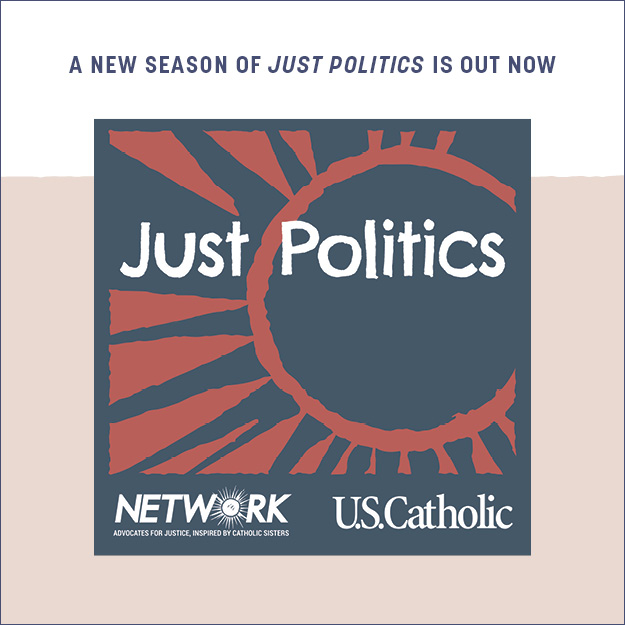The question occasionally arises from an inquisitive parishioner: “What do priests do all day?” It’s not an unreasonable question from those who only see their parish priest on Sundays but spend the week immersed in work responsibilities, family commitments, bills, deadlines, household chores, and more. After all, hearing frequent second collection requests and pondering one’s own financial reality, it’s not unusual to wonder, “What do priests do all day?” After all, we are paying their salaries.
Capitalism and Christianity do not go hand in hand. Jesus was an itinerant preacher who told his apostles that they deserved food and housing for their efforts. Based upon his model, the church has historically tried to balance the demands of the kingdom associated with justice and peace with different socioeconomic structures, cultures, and contexts. Beyond the financial requirements of how a priest makes ends meet, the question expands (as it does for everyone) into what is most fulfilling for a person. So the question, “Can priests have jobs?” acquires added significance.
To start, priests have responded to a call to serve the people of God in a unique pastoral and sacramental manner. Their primary goal is thus service to the Christian community. As canon law prescribes, every Christian has a right to pastoral care, and that starts within a parish community. Priests, following Jesus’ example, are to accompany the people in their joys and struggles, and this takes time.
However, as St. Irenaeus said, “The glory of God is the human person fully alive.” God desires the flourishing of us all, and many priests have gifts and talents to share beyond sacramental, pastoral, and administrative roles. With permission from either their bishop or provincial superior, priests can take on certain jobs. Many priests find life-giving opportunities teaching, writing, working as chaplains, contributing in social justice ministries, or serving in diocesan roles as administrators, judicial vicars, canon lawyers, and much more.
There are, however, some restrictions on the types of jobs priests can hold. Priests are to avoid jobs and associations that “cannot be reconciled with the obligations proper to the clerical state.” This requires discernment and dialogue with their superiors. So if a priest wanted to get a job as a carpenter or a cook, he would need to consult with his superior. In addition, priests may not hold public office.
Many priests in communities worldwide take on additional ministries to help local churches that have limited resources and personnel. In addition, there may be cultural norms that place expectations upon priests to provide for their parents and siblings. The priesthood in many countries is a mark of prestige, so families sacrifice to support a son in priestly formation. Once ordained, the obligation is to give back. So, the question might not be “can priests have jobs” but rather, “How many jobs is it healthy for a priest to have?”
This article also appears in the January 2024 issue of U.S. Catholic (Vol. 89, No. 1, page 49). Click here to subscribe to the magazine.
Image: Unsplash/Father James















Add comment